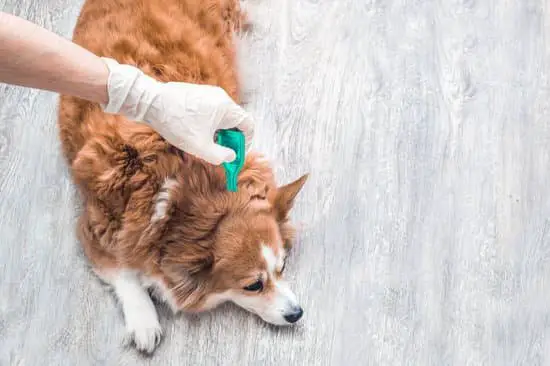How Can Vets Help With Fleas?
Fleas can cause severe itching in pets, and if left untreated they can lead to secondary skin infections and hair loss. Flea saliva can be highly allergenic, so some animals are allergic to even a single bite. A veterinarian can give advice on prevention and treatment, as well as ways to avoid fleas in the first place.
Fleas live in hot, humid climates and thrive in temperatures above 32 degrees Fahrenheit. Typically, they die within five days when the temperature drops below 33 degrees. Even in cold climates, fleas may move indoors to survive. Treatments for fleas must be applied to the host animal, as well as to the environment around the animal.
Your veterinarian may recommend a specific medication to control fleas in your pet. Many of the most effective medications are only available by prescription. The vet will be able to recommend the right dose for your pet, as well as the right frequency of applications. Ideally, you should treat all animals at the same time, as this will minimize the chances of re-infestation.
Fleas are external parasites that live in carpets, bedding, and other surfaces. Adult fleas jump on pets to feed on their blood. After feeding, they will often move on to other hosts. If your pet has fleas, visit a vet as soon as possible. A flea infestation can lead to hair loss, baldness, and sore patches.








